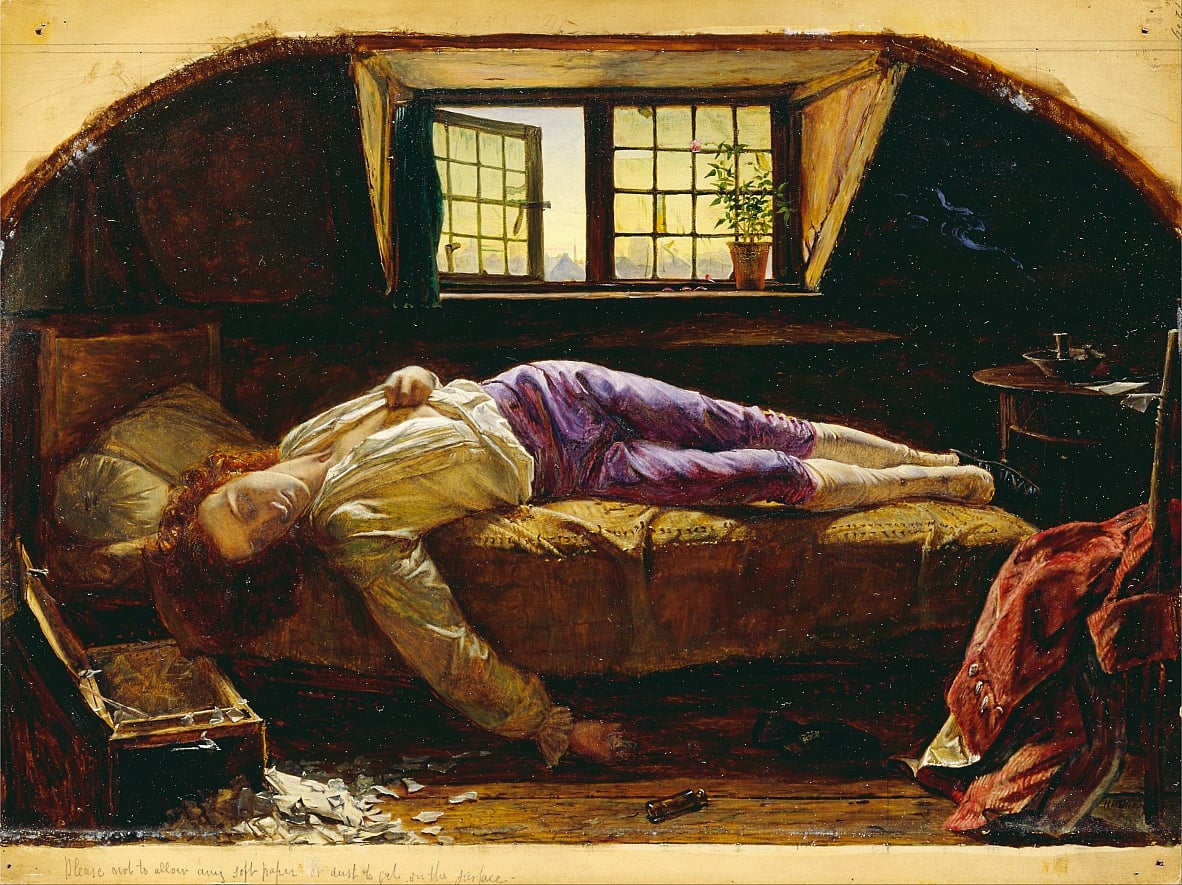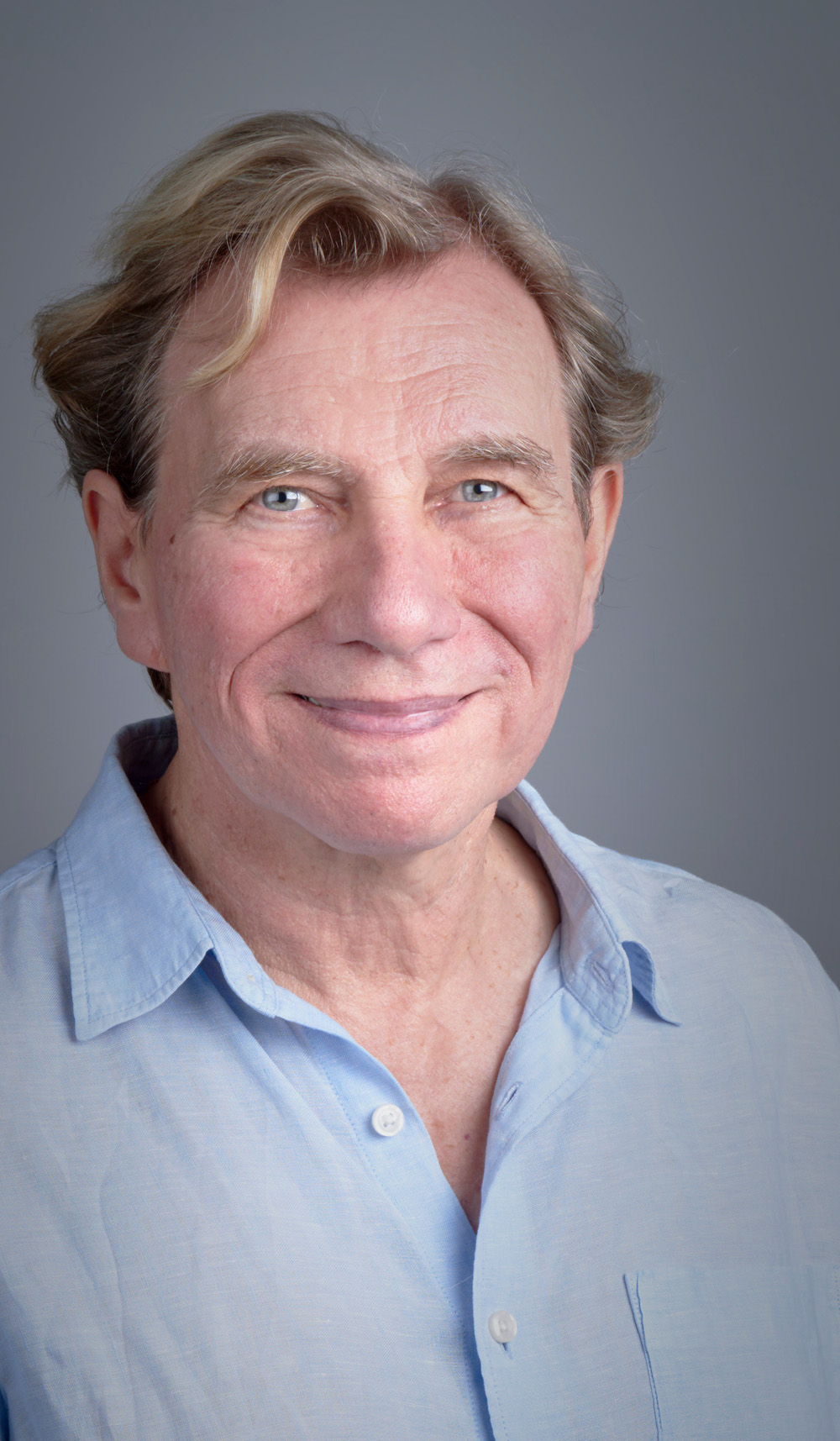Is there any place in Australia which does not have a war memorial?
No matter how small the town, you always see a reminder of those who left to fight for the British Empire in 1914-18 and never came home again. Teenage boys mostly, who had rarely travelled more than a day’s ride from home, they died on the other side of the planet, in France, Turkey, or the lands of the Ottoman Empire. Their names are engraved in countless plaques on the walls of Soldiers’ Memorial Halls, town halls and post offices, or most often beneath the statue of a slouch-hatted soldier in order arms position, rifle resting on the ground and head bowed in respect.
Over 400,000 Australians volunteered to fight in the First World War, out of a population of just 4.4 million– almost a quarter of the entire male population. Of these, over 60,000 never returned. For Britain, with a population ten times greater, the number of casualties was a similarly high at 700,000. The UK too, of course, has a war memorial prominent in every town and parish. Yet of all the thousands of villages in Britain, there are a few dozen where there is no memorial. Remarkably, every soldier from those places returned home alive from the trenches.
They are known as the Thankful Villages.
One of these lies in the remote west of Wales, comfortably nestled between the mountains and the sea: a place called Llanfihangel-y-Creuddyn, a farming community of rich dairy land clustered around a thirteenth century church. All around, black-and-white cows graze contentedly in tilting fields of deepest green. This is my father’s family home. I can confidently say that my family have lived here for hundreds, and almost certainly for thousands of years, working as farmers and blacksmiths – a specialty of the area. Over the years, they will have gone away to fight the Germans, the French, the Spanish, the French again, the Normans, and probably even the Romans. A dozen local men joined up in 1914 and left for the Front, serving as gunners, infantrymen, and drivers. Even the local vicar went to be a curate with the army in what is now Iraq. Every one of them came back alive, including three of my own family.
My great-uncle Silvan served in the fledgling Tanks Corps, manning a gun in one of those early metal monsters which lumbered across the hellscape of the Somme. I remember him as a sprightly farmer in his seventies. On family visits, he rescued my brothers and me from the boredom of teatime conversation, beckoning us out with a wink to help with milking the cows. An hour later, we all returned, faces streaked with milk, shoes caked in mud, and wide grins on our faces.
But not all the returned soldiers had grins, even those without bodily wounds. Growing up, we were all familiar with ‘Dai Trolley’. Every morning he walked from one end of the town to the other, pushing a trolley in front of him, turned to go back, then turned again and again until it was time to stop and go home for tea. Dai had suffered brain damage after a shell exploded near him during the allied landings in Italy. Walking all day at least kept him fit. His family knew where he was, and everyone in town kept an eye out for him. He even served as an impromptu courier service. If you wanted something delivered, you dropped it on the trolley, slipped a tip in his pocket, and phoned ahead to say, ‘Dai coming with those bulbs I promised you!’
And there was another Uncle too, a cousin of my mother. He had been in a Japanese prisoner-of-war camp. As children, we had heard about the camps, and talked in horrified whispers about the bamboo slivers pushed under fingernails and men crucified alive. It was almost scary to meet someone who had actually been a prisoner there. After tea with my aunt, we were taken to say hello. He spent his time in a room at the back of the house. The curtains were drawn and a coal fire burned there even on the warmest summer’s day. Here he sat, huddled by the fire, chain-smoking and staring into the flames. He tried to smile and talk to us, but his voice stuttered as he spoke and his hand never stopped trembling, sending cigarette ash tumbling over his waistcoat. His presence frightened me. In the decades since the war ended, he had rarely moved from the room. It was his safe place.
We don’t only remember the dead on Anzac Day then, but those who returned from the wars. They too paid a price which some have kept on paying.





Must be hard for ‘digital natives’ growing up in an era of massive over-sharing and over-emoting on Facebook, Twitter and before that Jeremy Kyle, to imagine a time when people kept their terrible experiences bottled up. And their not-so-terrible ones too, for the most part.
What is a ‘Jeremy Kyle’? Am I in happy ignorance? And you might remember Dai Trolley, Bob, trundling up and down the mean streets of Llanbedr-pont-Steffan . . .
Many people forget those who were wounded in body and spirit, and look only at those who gave their lives. In some cases, as with your Uncle Peter, the dead were the lucky ones.